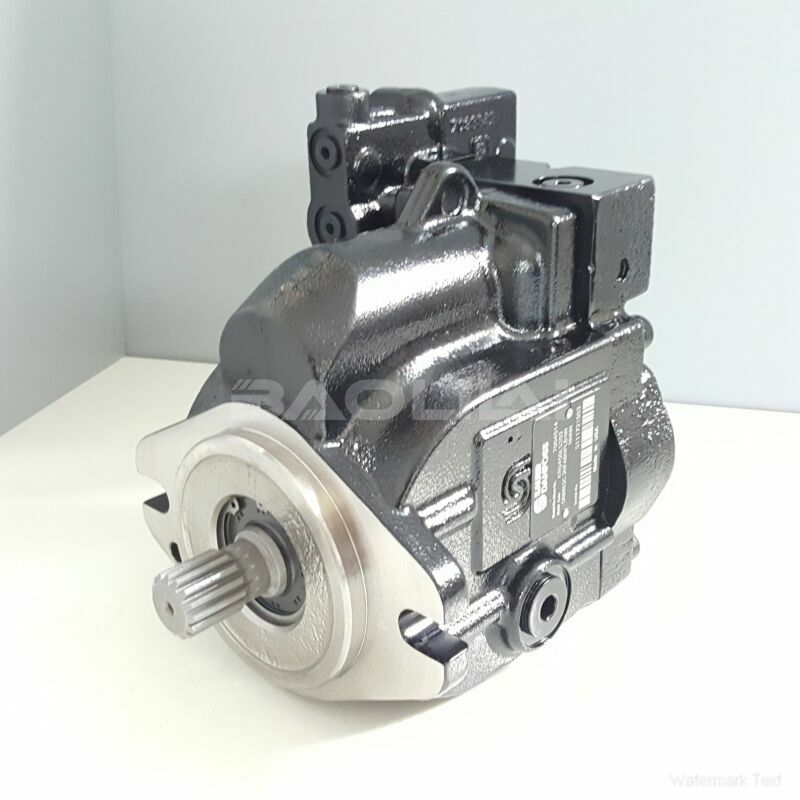KRR045DPC10NNNNN3K1NFA6NPLBNNNNNN high pressure pump
KRR045DPC10NNNNN3K1NFA6NPLBNNNNNN high pressure pump

- Product Details
- Applicable Scene
Hydraulic oil pumps play a pivotal role in the operation of hydraulic platforms used in live concerts and theatrical productions. These platforms, designed to elevate performers or scenery, create dynamic and visually stunning experiences for audiences. A well-designed hydraulic oil pump not only ensures the efficiency and reliability of these platforms but also significantly enhances safety and performance during critical live events. This article explores the key considerations and design elements that go into creating hydraulic oil pumps specifically for this application.
KR-R-045D-PC-10-NN-NN-N-3-K1NF-A6N-PLB-NNN-NNN
KRR045DPC10NNNNN3K1NFA6NPLBNNNNNN
One of the primary responsibilities of hydraulic oil pumps is to generate the necessary hydraulic pressure required to lift and lower platforms smoothly. The design of the pump must account for the weight of the load being lifted, which can vary dramatically depending on the production. Factors such as the size of the platform, the number of performers, and the integration of additional stage elements can drastically impact the hydraulic system’s requirements. Therefore, engineers must carefully calculate the required flow rate and pressure to ensure the pump operates effectively and efficiently under varying load conditions.

83005649
Another crucial aspect of designing hydraulic oil pumps is the selection of suitable materials. In environments like concerts and theater productions, where conditions can be unpredictable, the pump must be built to withstand exposure to dust, moisture, and other potential contaminants. Moreover, the materials must not only be durable but also lightweight to facilitate easy integration into portable platforms. The use of advanced alloys and composite materials can help achieve the optimal balance between weight and strength, ensuring that the pump maintains reliability throughout many performances.
Safety is paramount in any live production setting, and hydraulic systems are no exception. The design of hydraulic oil pumps must incorporate multiple safety features to mitigate risks associated with pressure failures or system leaks. This includes integrating pressure relief valves, which prevent excessive pressure buildup, and dual-filter systems to ensure that contaminants do not compromise the hydraulic fluid’s integrity. Additionally, real-time monitoring systems can be employed to alert operators to any irregularities in pressure or fluid levels, enabling proactive maintenance and quick response to potential issues.
Noise levels are another consideration in the design of hydraulic oil pumps for live events. Since these productions often rely on sound for storytelling, minimizing the noise generated by hydraulic systems is essential. Engineers can reduce noise by optimizing pump design, utilizing sound-dampening materials, and ensuring that the hydraulic fluid used is formulated to minimize vibrations during operation. This attention to detail helps maintain the immersive experience for the audience while ensuring that the hydraulic platforms function smoothly in the background.





